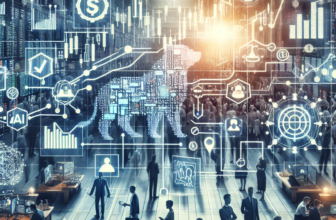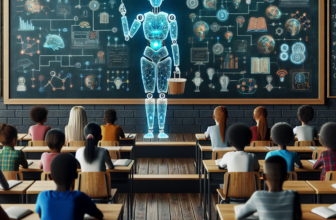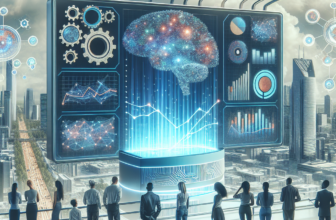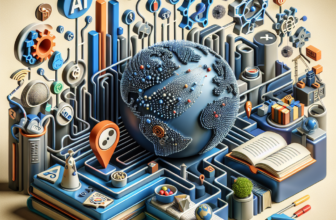AI in Education: Advantages, Challenges, and Applications

AI in Education: Advantages, Challenges, and Applications
Artificial Intelligence (AI) has been transforming various industries, and one of the areas where it has made a significant impact is education. AI in education has the potential to revolutionize the way students learn and teachers teach. In this article, we will explore the advantages, challenges, and applications of AI in education.
Advantages of AI in Education
There are several advantages of using AI in education. One of the biggest benefits is personalized learning. AI systems can analyze the learning patterns and preferences of individual students and provide personalized learning materials and activities. This can help students learn at their own pace and in their own way, increasing their engagement and understanding of the material.
Another advantage of AI in education is the ability to automate administrative tasks. AI systems can handle routine tasks such as grading, scheduling, and record-keeping, allowing teachers to focus more on teaching and less on paperwork. This can lead to increased efficiency and productivity in educational institutions.
AI can also provide real-time feedback to students, helping them understand their strengths and weaknesses and guiding them towards areas that need improvement. This immediate feedback can enhance the learning process and help students make progress more quickly.
Challenges of AI in Education
Despite the many advantages, there are also challenges associated with the use of AI in education. One of the major challenges is the potential for bias in AI systems. If the data used to train AI systems is biased, it can lead to unfair and discriminatory outcomes, especially in areas such as grading and admissions. It is important for educators and developers to address this challenge and ensure that AI systems are fair and equitable.
Another challenge is the potential for job displacement. As AI systems take on more administrative and teaching tasks, there is a concern that some jobs in education may be at risk. It will be important for educational institutions to retrain and upskill workers whose jobs may be impacted by AI, and to find ways to integrate AI systems into the workforce in a way that complements human abilities rather than replacing them.
Applications of AI in Education
There are numerous applications of AI in education. One of the most common applications is in intelligent tutoring systems. These systems use AI to provide personalized tutoring and support to students, offering customized lessons and exercises based on the student’s individual needs and abilities.
AI is also being used in educational content creation. AI systems can generate quizzes, tests, and other educational materials, freeing up teachers to focus on more creative and interactive forms of teaching. Additionally, AI can help in the development of adaptive learning platforms that change and adjust based on the student’s progress and performance.
Another application of AI in education is in educational research and analysis. AI systems can analyze large amounts of data to identify trends and patterns in student learning, helping educators make data-driven decisions and improve educational outcomes.
FAQs
Q: How can AI help personalize learning for students?
A: AI systems can analyze the learning patterns and preferences of individual students and provide personalized learning materials and activities. This can help students learn at their own pace and in their own way, increasing their engagement and understanding of the material.
Q: What are the challenges of using AI in education?
A: One of the major challenges is the potential for bias in AI systems. If the data used to train AI systems is biased, it can lead to unfair and discriminatory outcomes. Additionally, there is a concern about potential job displacement as AI systems take on more administrative and teaching tasks.
Q: What are some applications of AI in education?
A: Some common applications of AI in education include intelligent tutoring systems, educational content creation, and educational research and analysis. AI is also being used in the development of adaptive learning platforms that change and adjust based on the student’s progress and performance.
Q: How can educators ensure that AI systems in education are fair and equitable?
A: Educators and developers can address the challenge of bias in AI systems by carefully examining the data used to train the systems and ensuring that it is representative and unbiased. Additionally, it is important to have transparent and explainable AI systems that can be audited for fairness.
Q: What is the potential impact of AI in education?
A: The potential impact of AI in education is significant, with the ability to personalize learning, automate administrative tasks, and provide real-time feedback to students. However, there are also challenges that need to be addressed, such as bias and job displacement.







